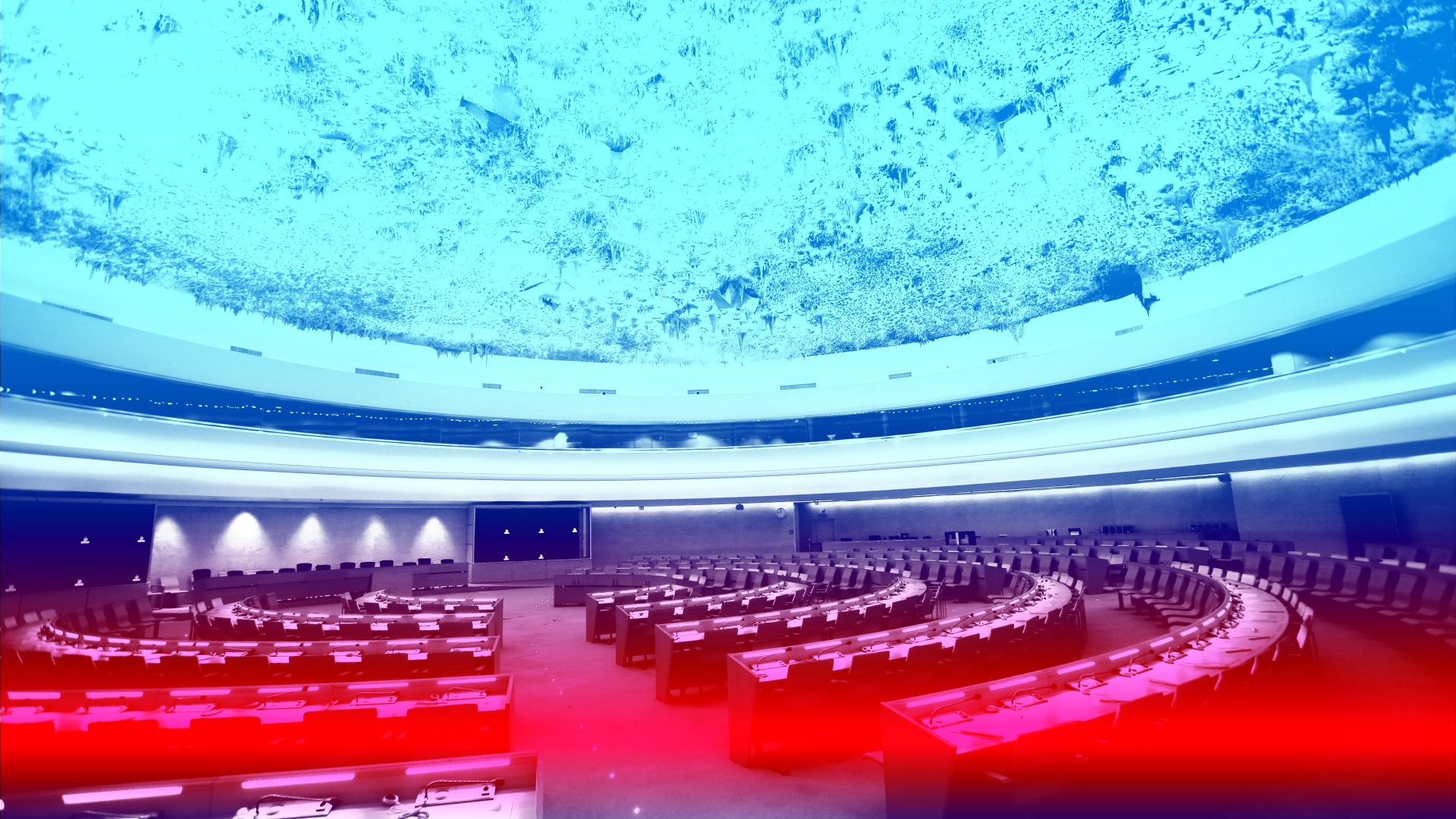
Discussions at UN on Autonomous Weapon Systems Blocked by Russia, but States Indicate Way Forward
The meeting of the Group of Governmental Experts (GGE) at the Convention on Conventional Weapons (CCW) reconvened at the United Nations from 7-11th March. Now in their 9th year of discussions, states supposedly gathered to formally consider “detailed proposals for the normative and operational framework on autonomous weapon systems.”
Following the failure to agree on a clear way forward at the 6th Review Conference in December 2021, and with only 10 days allocated for discussions at the UN in 2022, blocking by the most militarized states has left the CCW discussions without a real sense of direction – despite a majority supporting the development of a legal instrument. The dynamics of the discussion were to worsen further in the wake of Russia’s invasion of Ukraine.
At the outset, Russia resisted the opening of the meeting, alleging discriminatory barriers to its full participation, and then repeatedly took the floor to block basic procedural decisions. After two days of deadlock, Chairperson Amb. Flávio Soares Damico of Brazil took the initiative to transfer the meeting to an informal format. This allowed a conversation at least, but again the CCW’s rules of procedure had meant that the intransigence of one delegation prevailed over the will of the majority.
The informal format resulted in the termination of recording and live streaming of the discussions, preventing civil society, media, and government officials around the world from observing. Our campaign requested that streaming be maintained, which was supported by the Chair but again blocked by Russia. This meant the meeting now had no formal status and was effectively shut off from the outside world.
Over the remaining three days, the conversation turned to substance – though with reduced energy given a clear recognition that serious work would continue to be blocked. Although this context is frustrating for civil society and many diplomats it is, however, making it abundantly clear that addressing autonomy in weapons systems needs a separate process with different rules of procedure.
Written proposals on the “normative and operational framework” were submitted by the UK, a joint proposal from Australia, Canada, Korea, Japan, the UK and USA and another joint proposal by 10 states including Argentina, Costa Rica, Ecuador, Guatemala, Kazakhstan, Nigeria, Panama, Peru, the Philippines, Sierra Leone, State of Palestine and Uruguay.
The sense of policy coherence that developed last year was still in evidence. In substance, there was considerable overlap in these written proposals in their characterisation of autonomy, recognition of the relevance of ethics, the need for human command, control, or judgment over systems to comply with existing legal rules and on temporal, spatial and target profile limitations being important for exerting that control. However, an important point of distinction between proposals centered around the form, with the joint paper led by the US proposing non-binding principles and good practices, and the group of 10 states along with many other states, proposing a legally binding instrument.
It was also evident that diverse states from around the world are uniting in their recognition of the urgent need to move forward. A statement delivered by Switzerland at the end of the meeting on behalf of a group of 23 states including Argentina, Austria, Belgium, Chile, Costa Rica, Ecuador, Guatemala, Ireland, Kazakhstan, Liechtenstein, Luxembourg, Malta, Mexico, New Zealand, Nigeria, Panama, Peru, the Philippines, Sierra Leone, Sri Lanka, State of Palestine, Uruguay highlighted the urgency of an outcome. It noted that ‘in order for the CCW to remain a viable forum to address the challenges posed by LAWS its deliberations must result in a substantive outcome commensurate with the urgency of the issue’.
The Stop Killer Robots campaign delivered a statement that again promoted our policy orientation to the content – pressing the need to negotiate a legally binding instrument with a combination of both prohibitions and regulations to ensure meaningful human control over autonomous weapon systems. We also highlighted that the rise in global conflict was a pressing reminder of the importance of building international rules and norms to protect civilians.
Although progress at the CCW remained (predictably) mired in procedural deadlock, the meeting demonstrated policy coherence and growing political determination from a broad group of states to achieve new legally binding rules on autonomy in weapon systems. With only 5 days remaining for discussions at the CCW this year, and with little chance of it returning to formal work in the foreseeable future, there is a growing sense that an alternative process of legal development is now inevitable. Such a process should be open and inclusive and prepared to establish clear lines that will preserve human dignity and retain human control in the use of force.


